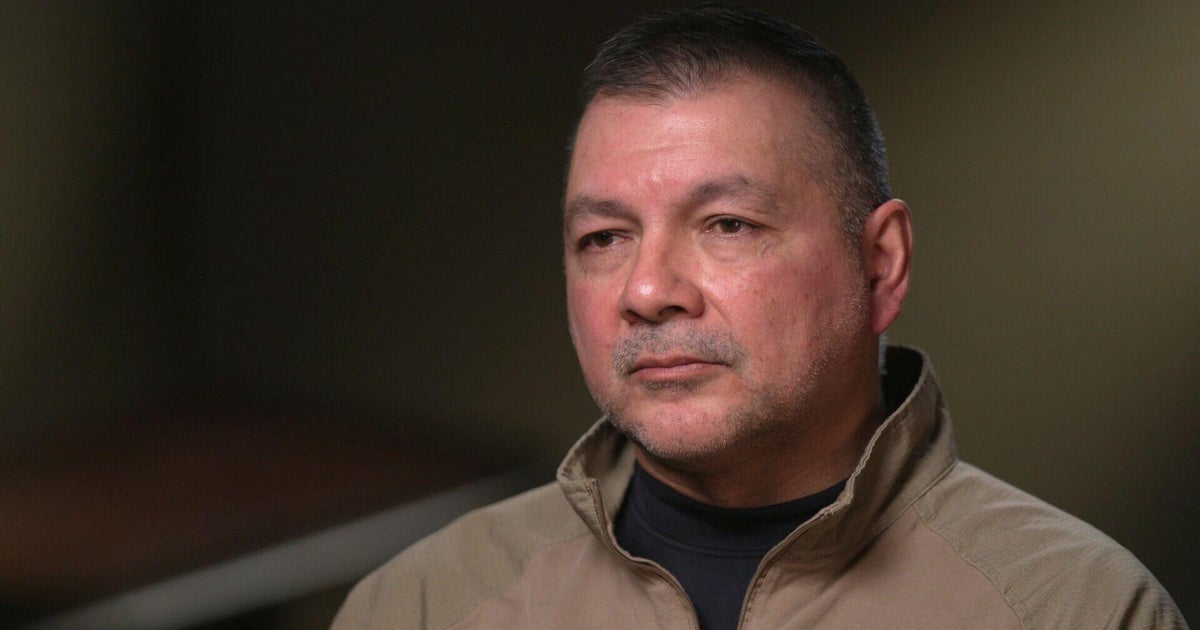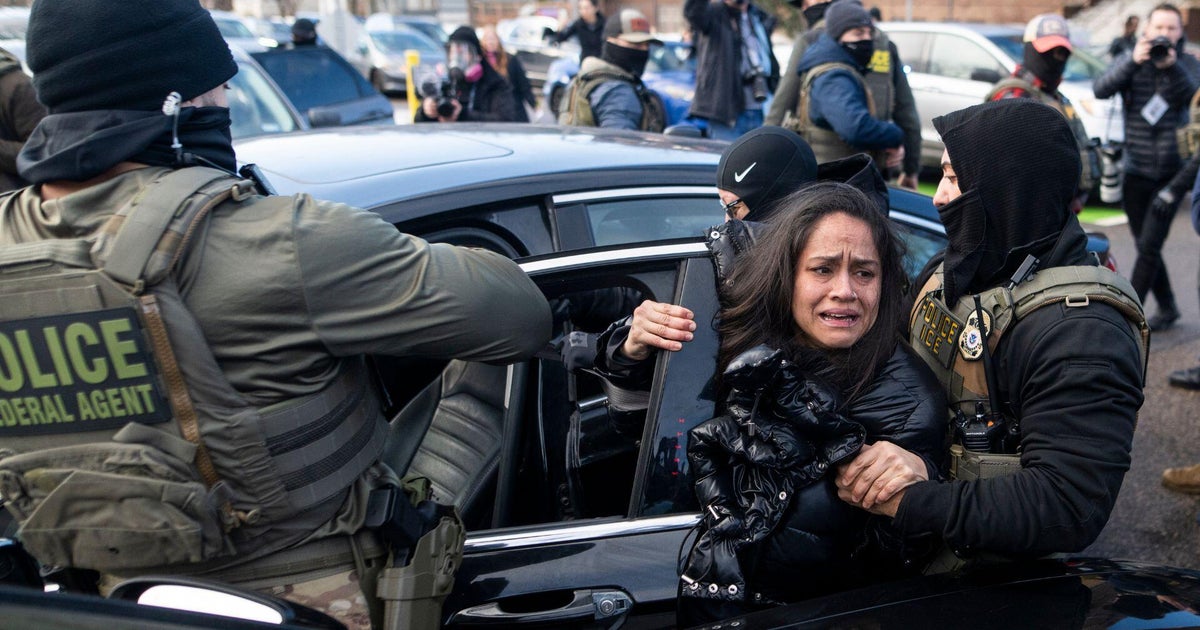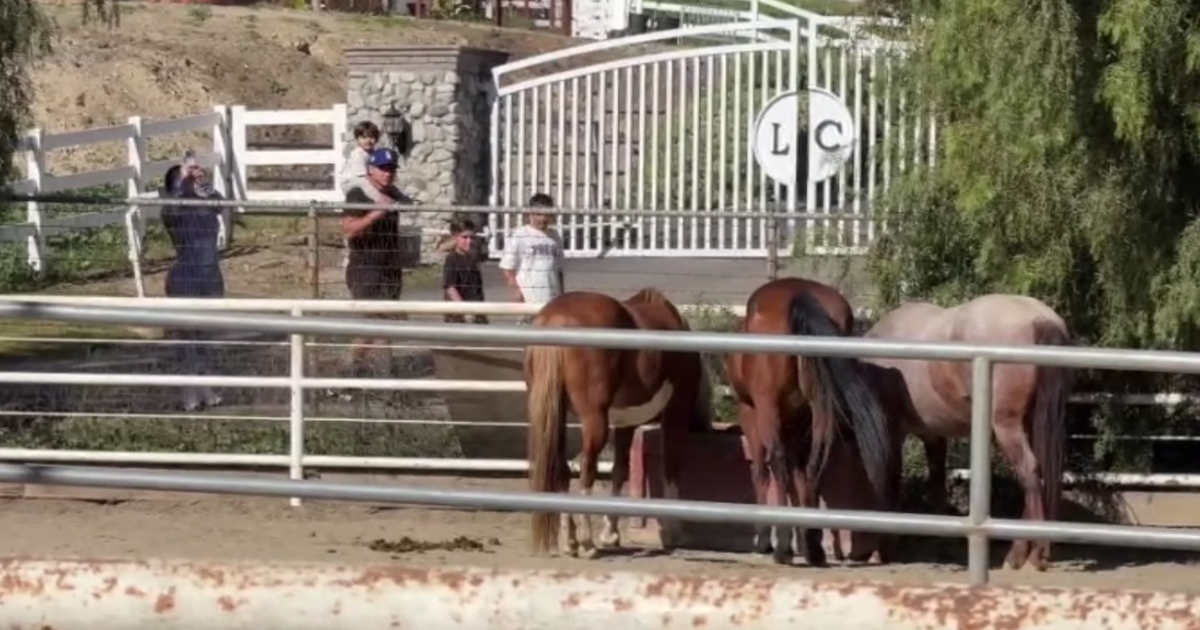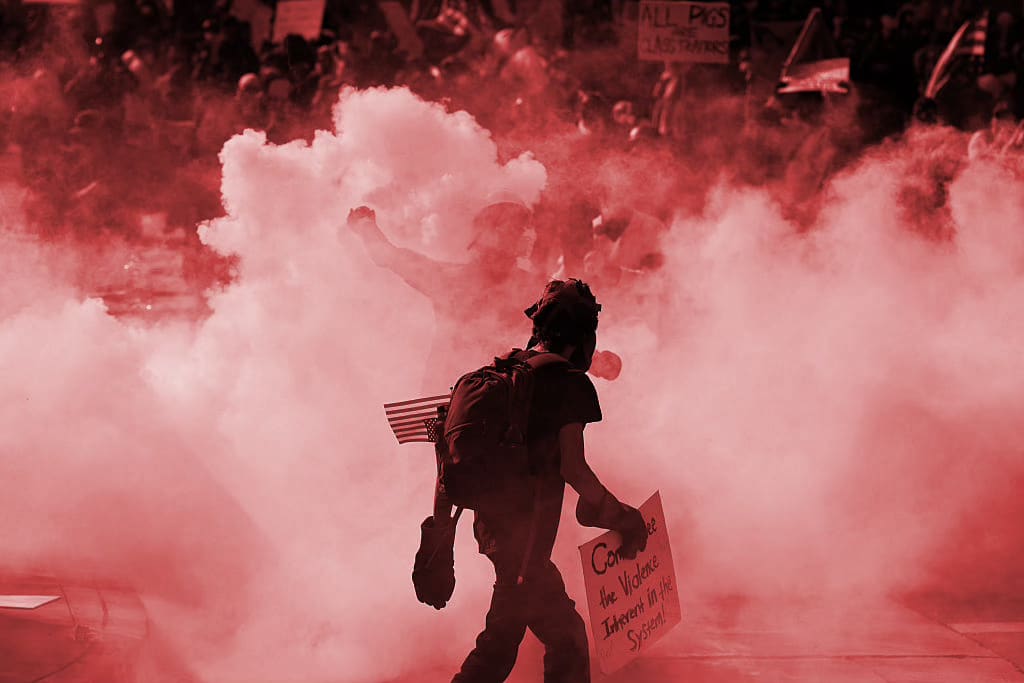Social media ethicist says regulation goes beyond moderating content
When the Emmy Award-winning documentary "Social Dilemma" was released, it drew the attention of many by revealing just how captive we had become to the feedback loop of social media.
One of the documentary's featured subjects was social media ethicist Tristan Harris. The co-founder of the non-profit Center for Humane Technology, which seeks to align technology with humanity's best interests, spoke to 60 Minutes correspondent Bill Whitaker for a report this week on how social media has amplified America's political divide.
"The people who are posting the most often are the most extreme certain, angry people on all sides," Harris told Whitaker. "And the algorithms reward them the more they post the most extreme things."
- Social media's role in America's polarized political climate
- How social media has changed the U.S. Congress
In addition to sometimes promoting extreme ideology through algorithms that reward engagement, Harris said social media companies "have captured the meaning of social participation in society."
"If I'm a small, medium-sized business, and I don't advertise on Facebook and my competitors do, I'll lose," Harris told Whitaker. "If I'm a politician and I turn it off, and all my other politician competitors are still playing the outrage machine, they're going to win the next election and I'll lose. If I'm a kid, and all my friends are earning social status and getting popularity by being on TikTok and I don't use it, then I'm not going to have social status.
While politicians from both parties have called for the regulation of social media companies, they have mostly focused on content regulation. Rather than moderating offensive posts or banning incendiary users, Harris says it's the very business model that promotes capturing our attention by catering to our anger and polarization that needs to be reformed.
"You need government to regulate the behavior of all these companies," Harris told 60 Minutes. "And when I say that, I don't mean regulate speech or censorship. It's regulating this business model of engagement. It's not that social media's bad. It's that social media has been corrupted by the perverse business model of maximizing engagement. That's what has to change."
You can watch Bill Whitaker's full report below.
The video above was produced by Keith Zubrow and was edited by Sarah Shafer Prediger.





